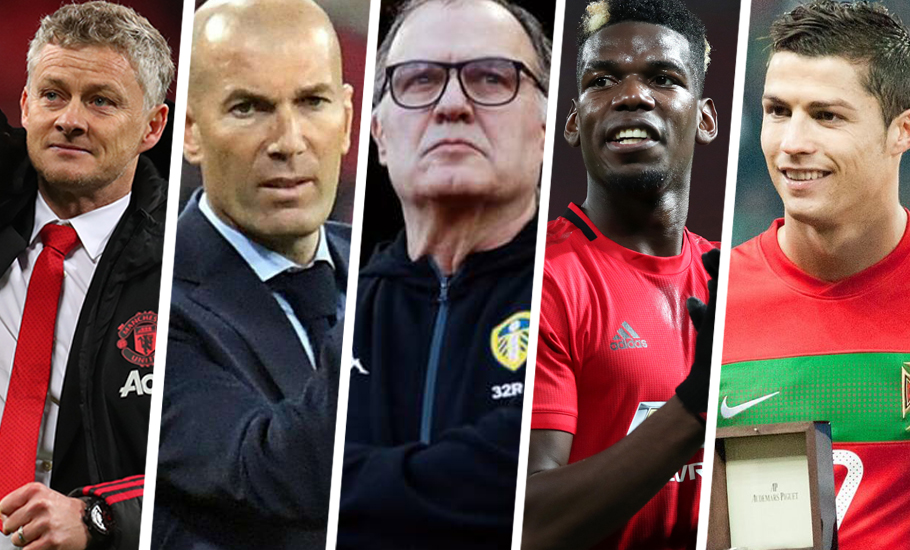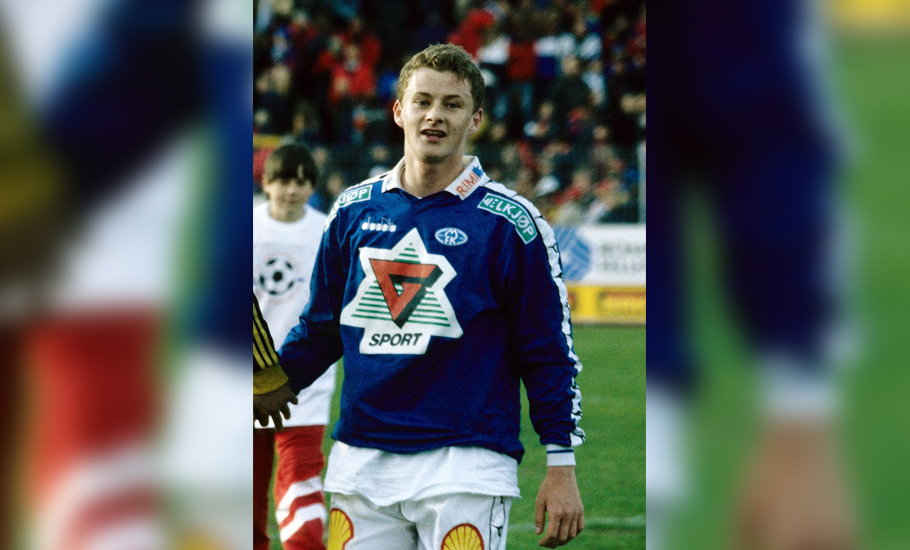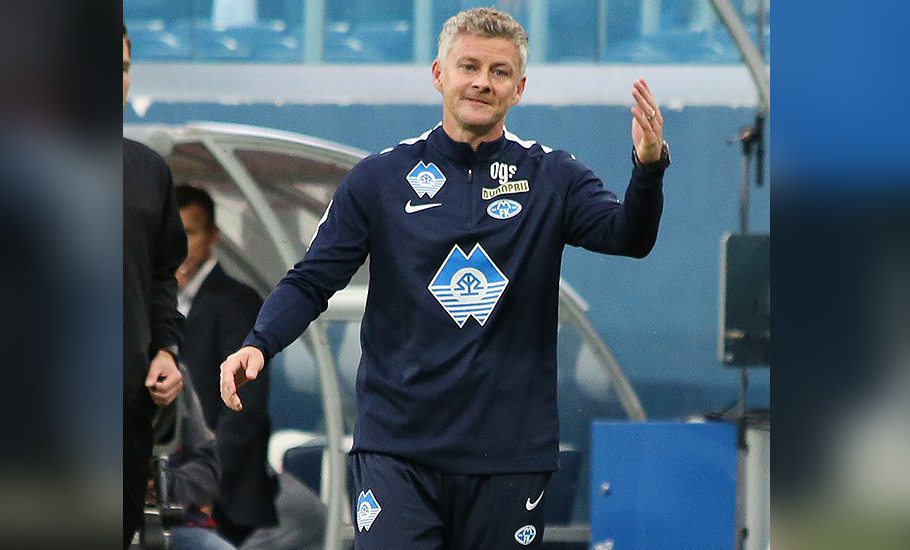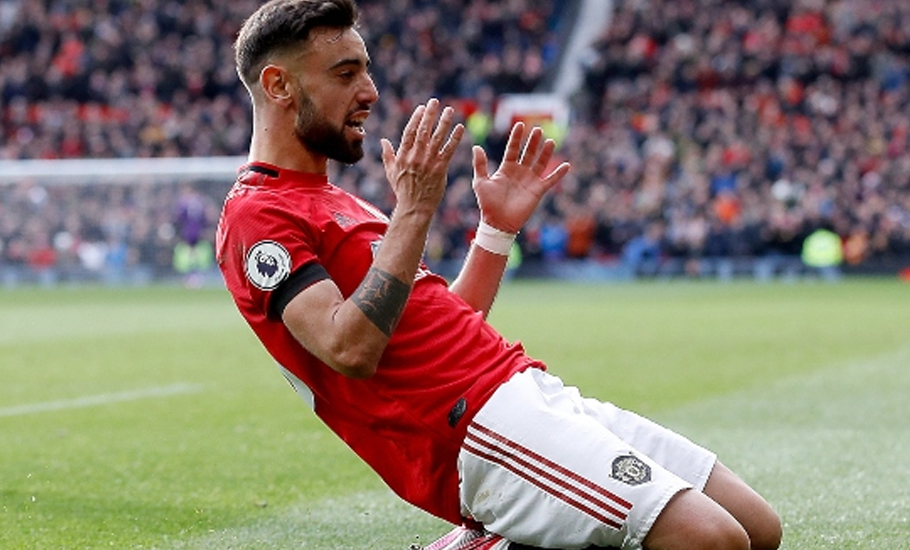
- Home
- India
- World
- Premium
- THE FEDERAL SPECIAL
- Analysis
- States
- Perspective
- Videos
- Sports
- Education
- Entertainment
- Elections
- Features
- Health
- Business
- Series
- In memoriam: Sheikh Mujibur Rahman
- Bishnoi's Men
- NEET TANGLE
- Economy Series
- Earth Day
- Kashmir’s Frozen Turbulence
- India@75
- The legend of Ramjanmabhoomi
- Liberalisation@30
- How to tame a dragon
- Celebrating biodiversity
- Farm Matters
- 50 days of solitude
- Bringing Migrants Home
- Budget 2020
- Jharkhand Votes
- The Federal Investigates
- The Federal Impact
- Vanishing Sand
- Gandhi @ 150
- Andhra Today
- Field report
- Operation Gulmarg
- Pandemic @1 Mn in India
- The Federal Year-End
- The Zero Year
- Science
- Brand studio
- Newsletter
- Elections 2024
- Events
- Home
- IndiaIndia
- World
- Analysis
- StatesStates
- PerspectivePerspective
- VideosVideos
- Sports
- Education
- Entertainment
- ElectionsElections
- Features
- Health
- BusinessBusiness
- Premium
- Loading...
Premium - Events

Do good football players score better as managers?

Back in 1999, Norwegian striker Ole Gunnar Solskjaer came on as a “super-sub” for Manchester United in the UEFA Champions League final fixture against Bayern Munich and scored a last-minute winning goal in injury time to lead the Red Devils to victory, sealing the historic treble for his club. Twenty two years later, he finds himself as the manager of the same club, struggling to steer...
Back in 1999, Norwegian striker Ole Gunnar Solskjaer came on as a “super-sub” for Manchester United in the UEFA Champions League final fixture against Bayern Munich and scored a last-minute winning goal in injury time to lead the Red Devils to victory, sealing the historic treble for his club. Twenty two years later, he finds himself as the manager of the same club, struggling to steer and stabilise a team whose season can be described only as erratic and inconsistent so far.
Ole’s predicament has thrown the age-old debate of football wide open: Do good football players make the best managers? Over the last decade, the trend of major league footballing clubs employing former players or club legends as their managers (or ‘head coach’ as they are called in Europe) seems to have increased dramatically in comparison to the early days of the sport.
“I think one of the main drivers behind this trend is the success Pep Guardiola enjoyed upon retraining to Barcelona as manager,” says Ryan Baldi, a professional sportswriter. “Then, of course, there was the case of Zinedine Zidane winning three Champions Leagues in a row with Real Madrid despite little prior coaching experience. I think now every club appointing a former legend is hoping to repeat this success, but Guardiola and Zidane are irreplaceable anomalies.”
Ryan believes that expectations while hiring a former player as the manager vary from club to club. “I do believe that returning legends are afforded a greater degree of patience due to their playing history with the club,” he said. “Ole Gunnar Solskjaer, for example, would surely have been sacked recently – and possibly even sooner in his tenure – were it not for his legendary status at Old Trafford, not to mention the fact he was hardly qualified for the role in the first place. The same is true of Frank Lampard and probably Mikel Arteta, although in the latter case it looks as though Arsenal’s patience might be rewarded.”
On Saturday, Manchester United was defeated 2-0 in the derby game against Manchester City, with Ole being slammed in the immediate aftermath of the game, his style of football being described as sloppy. Over the course of this season, he has been accused by fans and pundits alike, of choosing the wrong lineups, not making timely substitutions, and also held guilty for being a “player’s manager” as he repeatedly played an out-of-form Harry Maguire. With big names such as Cristiano Ronaldo, Paul Pogba, Bruno Fernandes, and Marcus Rashford under his command, the Norwegian has not yet made his mark as the manager that United needs. Yet, he is the manager United has.

Sports psychologist Shree Advani says it is definitely an added advantage if you are a manager who has played football since this enables one to understand player requirements and their psyche. “Now, whether because he was a good player, he will necessarily turn out to be a good manager, is not a guarantee. These are two completely different roles—and there needs to be an array of tests conducted to assess their managerial depths. It is not an automatic transition.”
Advani describes the trend of renowned football clubs hiring the sport’s legends as managers as the “easy way out”. “This is not always going to be effective. These legends need to be given time to develop into their managerial position.” Otherwise, it could lead to unrest in the locker rooms when a clash of egos takes place. Other players may feel like they were just playing beside the now-manager, but are now taking instructions from him on how to play. This may cause unnecessary friction.”
He explains that there needs to be a gradual transition in the psyche of the person, as he moves from being a football player to manager. “He has to stop being a teammate and start being a leader,” said Shree Advani.
“He has to start working closely with the captain, club management, and needs to realise that he is now responsible for the team’s performance—without putting on his football boots and going onto the pitch. He has to find other ways to contribute to the club and tap into other skills apart from football skills. People management and leadership skills, along with a mix of HR skills, will have to be learned.”
“I don’t think there is one overriding reason for the success or failure of ex-players returning as managers,” says Ryan. “So much of it is circumstantial. Some walk into healthier situations institutionally than others. And it also comes down to the same factors that determine any manager’s career success: some have unique ideas and have put in the time to study the game, others less so.”
He agrees that clubs sometimes do find themselves in a catch-22 situation when they sign former club legends or former football players as managers because when these players-turned-managers don’t perform, it becomes tough to fire them. “It seems to be what Manchester United is experiencing now, and what Chelsea went through with [Frank] Lampard. It is harder to dispense with a club legend who is adored by the fans than a manager who has no prior history with the club.”
“Generally, I’d expect it is better for players to separate themselves from the playing side of the game upon retirement before becoming a manager. Guardiola, for example, even though he was only in his late 30s when he took the Barcelona job, made the effort to study and meet managers he admired before taking on a coaching role with Barca B,” he added.
Scotland-born former Indian footballer Pradyum Reddy, who has had a coaching career spanning multiple footballing teams such as Shillong Lajong, Pune City, and Bengaluru FC, and who is now a football pundit in the Indian Super League (ISL), said that there is a two-fold advantage to having been a football player.
“The first is that having done something for 20 years of your life…it gives you that competitive streak to win and also makes you dedicated to the game…which is why making the transition could be easier. Players who become managers can easily get that respect. For example, a Lampard or a Gerrard don’t have to win over the respect of the players; they have that respect for them because of what they have done as players whereas somebody like [Jurgen] Klopp, when he started, or many others like that [Jose] Mourinho, Arsène Wenger, etc… their first impression on a player’s mind might be ‘Who is this guy?’ But as soon as they start training, they’ve obviously won the players over with their ability.”
According to Reddy, the effect of a Gerrard or a Lampard won’t last very long with good players. “If they realise your sessions or tactics don’t match the instinct as a player, then you’ll lose respect,” he said. “Or if the player-turned-manager’s mannerisms are counterproductive, like Roy Keane and Gary Neville, who had to find this out the hard way and now they’ve decided to stick to punditry.”

When asked whether the likes of Zidane or Lampard—who have been footballers and are now managers—are anomalies in football, or whether it is managers like Mourinho who have never been great athletes, he said: “I think the Lampards and the Zidanes are anomalies because if you look at it numbers-wise, most of the coaches of the top flight haven’t been exceptional players. Klopp was decent but second-tier. Wenger was also a player. But Pep Guardiola was a top-class player because he played with Barcelona. You can’t label him as someone who went straight from playing to coaching. He went and studied under Marcelo Bielsa and other coaches. Similarly, Mikel Arteta didn’t finish playing at Arsenal and then walk into Arsenal as a replacement for Unai Emery. When he was at Everton FC, people said he is going to become a coach someday. He has always had that interest in coaching. Then he was an assistant to Pep at Manchester City because Wenger said this guy wants to get into coaching and it would be good for him to go work with Pep. So Arteta served his apprenticeship coach there and then got the Arsenal job.”
“Lampard too comes from a family of managerial experience; his dad was an assistant to Harry Redknapp for many years at West Ham, his uncles are legendary coaches, so its inbuilt in the family. You can imagine the dinner table conversations at their home were about these kinds of things. He (Lampard) then went to Derby County and almost got the club promoted to the Premier League. He has earned his way as the Chelsea coach—it wasn’t handed over to him maybe like it was handed over to Ole,” Reddy added.

He points out that even Ole had won at Moulde but was unsuccessful at Cardiff City. “He was brilliant as the interim manager for United, which basically means that he had aced his audition with flying colours. It would’ve been stupid then to not give him the job at the time.”
Lastly, Reddy points out that the trend is sort of reversed in India as compared to international football. “There are so many of these ex players turned coaches,” he said. “The assistant coach of the Indian Senior Men’s National team has never coached any team in his life. He has never coached under-15 or under-18 or a second division or an I-league team—but has been an assistant coach to two Indian team coaches. He didn’t even have his A-license at the time. So many of these players turned managers, their first coaching assignment was in the ISL because the ISL has a requirement that you have to have an Indian assistant coach.”
“So, the easy thing is: tick a box and put a player there because these are guys, who normally wouldn’t get employed as coaches, because they have no coaching CV. However, you get them in on a coaching job because they have the licence that ticks the box and you can pay them, and then they can basically sit there while the foreign coaching staff does their job. They don’t really offer much.”
“I feel there is an opportunity here for footballing clubs across the world to create player transition programmes that are especially designed to make players undergo rigorous training that helps them replace their player instincts with managerial ones,” said Shree Advani. “They (clubs) should start having formalised workshops or interventions. A player looking to slip into the role as club manager should also ideally take a six-month cooling period before making the transition.”
When asked about whether managers should stick to being managers and players should stick to being players, Ryan said: “There are obvious exceptions, but most of the game’s historically successful managers were once players themselves. So, I think a playing career can inform a successful managerial career. It doesn’t have to be a prerequisite, though. And I do think there is a case to be made that it is rare for truly great players to become great managers, although, again, there are obvious exceptions to this line of thought – Zidane, [Johan] Cruyff.”
